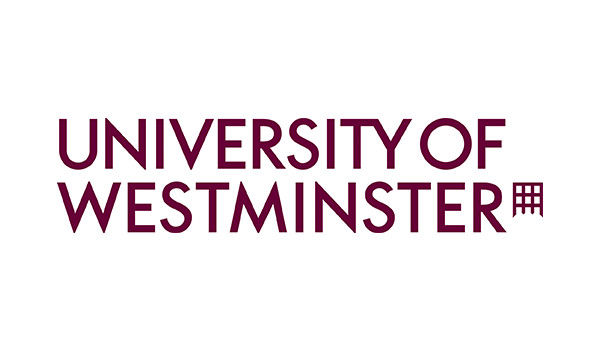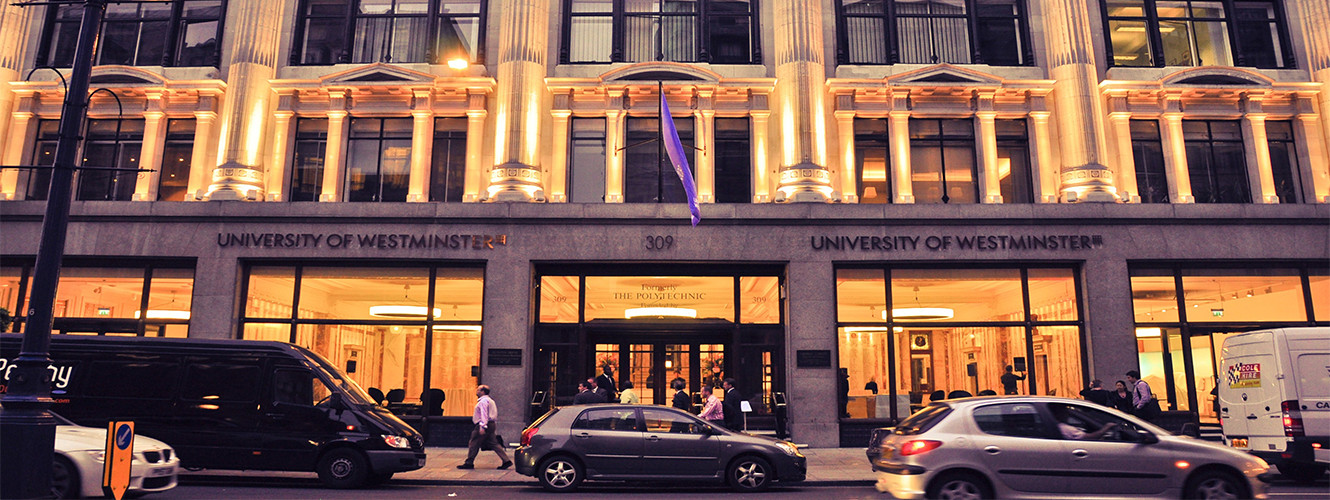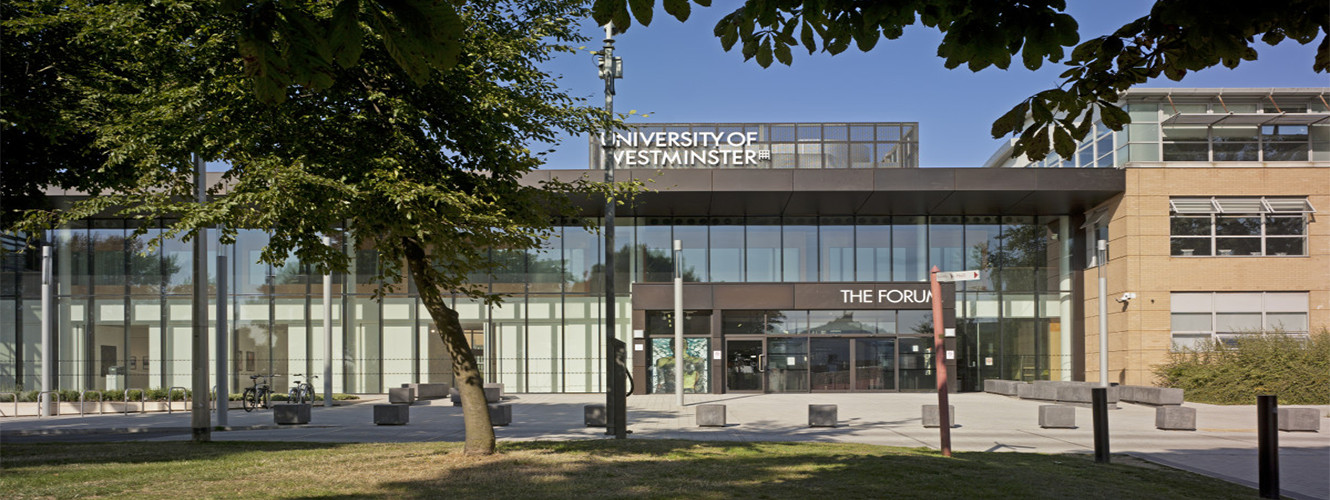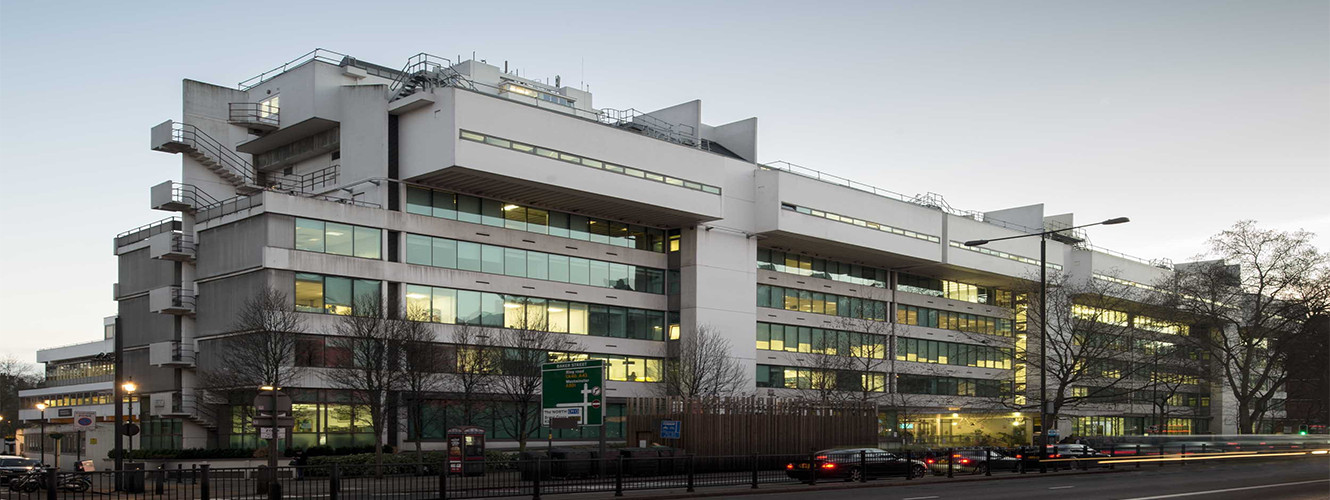UK21 BA (Hons) Designing Cities: Planning and Architecture University of Westminster
-
THÔNG TIN CHUNG
Cities are increasingly dynamic, complex and global in their impact. This course will help you build a career where you take an active role in shaping our cities more sustainably as they grow and adapt.
This course represents the first step in becoming an urban designer and city planner, ready to work in an international and interdisciplinary context. We aim to train professionals who have skills in urban planning and design, who understand the forces that shape towns and cities – and the challenges of climate change – and who can make a valuable contribution to sustainable development. Since 2019, the course has supported the 'Planners for Climate Action' Initiative of UN-HABITAT.
Throughout the course, there will be a focus on using London as a learning environment, working with local community organisations and practices to explore solutions for urban regeneration and development. In the second year, we organise a field trip to discover fast-growing cities of the Global South.
You'll graduate with a desirable skillset, equipped to take advantage of the high demand for professional planners with a good understanding of design issues, both in the UK and internationally.
The course benefits from having strong links with the Research Community for Sustainable Cities and Urban Environments. This vibrant research community focuses on the planning of cities towards a sustainable and low-energy future and the exploration of the environmental and social impact of concentrating people and economic activity in cities and urban areas.
-
CƠ HỘI NGHỀ NGHIỆP
Placements/ Year abroad
As part of the course you'll complete a minimum of two-week's placement in practice, or take part in a summer-long 'industry project' in partnership with our industry links.
In the final year, the Work Experience and Professional Practice module will provide you with an overview of different types of practice and help you prepare for employment.
Career
Urban designers and city planners are involved in many types of jobs that seek to address sustainable community changes.
Traditional professional areas include: urban design, land use planning, local economic development, landscape and environmental design, climate resiliency, transport and mobility, community participation, housing and property development, and social planning.
Practitioners in the field are involved in:
- climate adaptation and mitigation
- delivering urban development and regeneration projects
- developing planning policies
- landscape urbanism
- master planning
- strategic planning
- urban conservation
- urban design
Increasingly, practitioners are engaged in collaborative works, often with people from other disciplines such as architecture, public health, energy development and so on.
- ĐIỀU KIỆN ĐẦU VÀO
- ĐIỀU KIỆN NGÔN NGỮ
- HỌC BỔNG
- ĐỊA ĐIỂM
Tóm tắt
-
Phí ghi danh
0
-
Độ dài khoá học
3 năm
-
Kỳ nhập học
Tháng 9
Phí Cơ Bản
-
Loại Tiền
-
Học Phí
Trên năm -
Phí Sinh Hoạt
Trên năm -
Tổng






